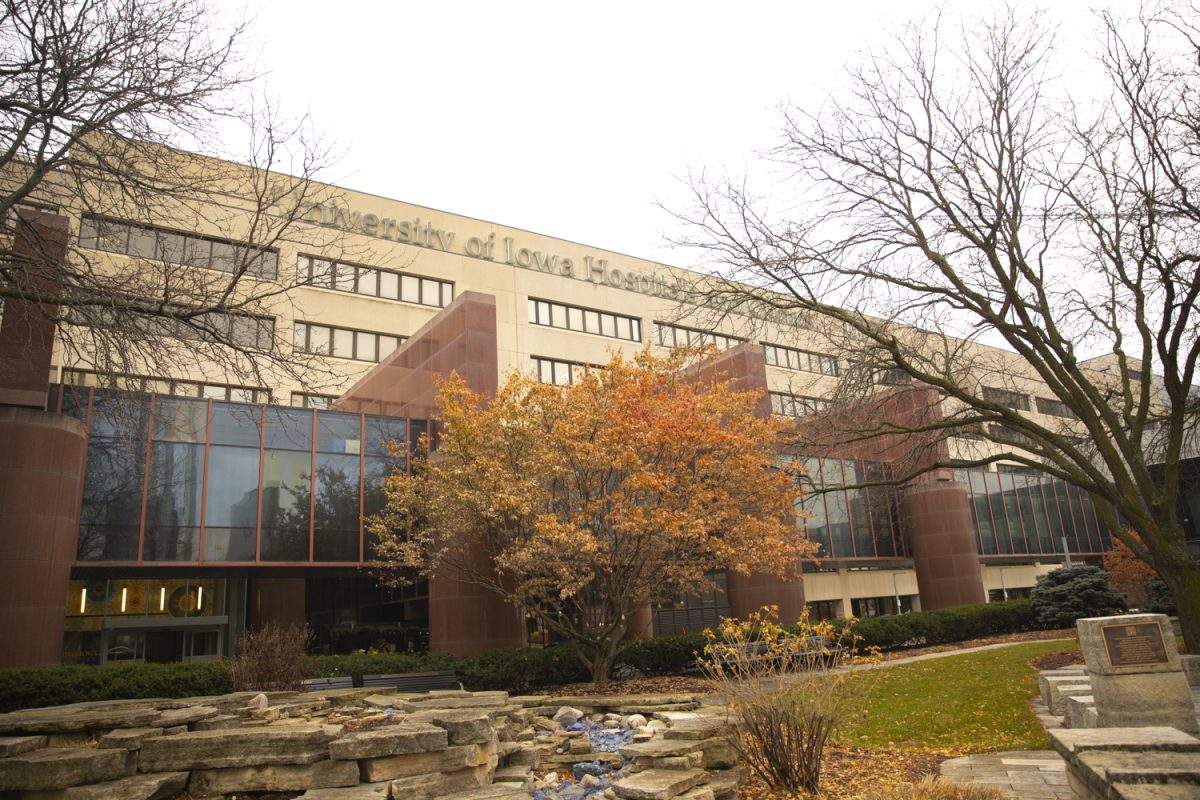A statewide program born at the University of Iowa to rehabilitate those who have committed domestic abuse has received a grant to aid further research on the program.
Achieving Change Through Value-based Behavior is a 24-week course teaching abusers about Acceptance and Commitment Therapy and how to use it on a daily basis. In ACTV, abusers assess their life values and work on living a nonviolent life involving those values.
Iowa State Assistant Professor Amie Zarling said ACTV received a $392,000 grant from the Office on Violence Against Women, a part of the U.S. Department of Justice, to further research on ACTV.
During the course, she said, emphasis is put on healthy, nonviolent, and respectful relationships with others in addition to values-based living.
“The course is focused on building skills to help the offenders learn how to respond differently to their thoughts and emotions and then to choose values-based prosocial behavior,” Zarling said. “Experiential exercises are the main teaching tool, emphasizing acceptance, mindfulness, and other strategies in a collaborative, nonjudgmental environment.”
RELATED: Local event focuses on domestic violence
ACTV is one way offenders can work on coming back into society after their offense.
Iowa City police investigator Scott Stevens said officers, in most cases, aren’t a part of the rehabilitation.
“Police involvement with offenders stops after arrest, mostly,” he said.
Anne Brown, a domestic-abuse program coordinator at the Iowa Department of Corrections, said ACTV began development in 2009 at the University of Iowa and was implemented in the state in 2011.
Zarling said she learned about Acceptance and Commitment Therapy when she was in graduate school at the University of Iowa in clinical psychology. During the time she was writing her dissertation, she said, she decided to focus on a clinical trial of Acceptance and Commitment Therapy for aggression, which had not been done before.
During this time, Zarling said, the Iowa Department of Corrections was looking for a new batterer-intervention program. Because of this good timing and good results from the dissertation study, she said, the study was applied to domestic abusers in the correctional system, eventually becoming ACTV.
The program was originally a pilot in Des Moines, Cedar Rapids, and Waterloo, Brown said.
“From there, we received feedback [on ACTV], and then we moved the program out to the rest of the state,” she said.
RELATED: Locals get new domestic-abuse tool
The program is also a pilot in community programs in Vermont, Brown said, and the states of Minnesota and North Dakota are receiving training in how to use ACTV methods with abusers.
Zarling said ACTV is still a work in progress, and scientifically, it is not yet known if ACTV is an improvement on previous methods of helping abusers not commit the same crime.
One’s outlook on this also could affect how ACTV is viewed, Zarling said. If you believe abusers can’t or won’t change, she said, ACTV likely isn’t viewed as an improvement. However, she said, if you believe abusers messed up, can change, and can benefit from rehabilitation, ACTV is likely seen as an improvement.












